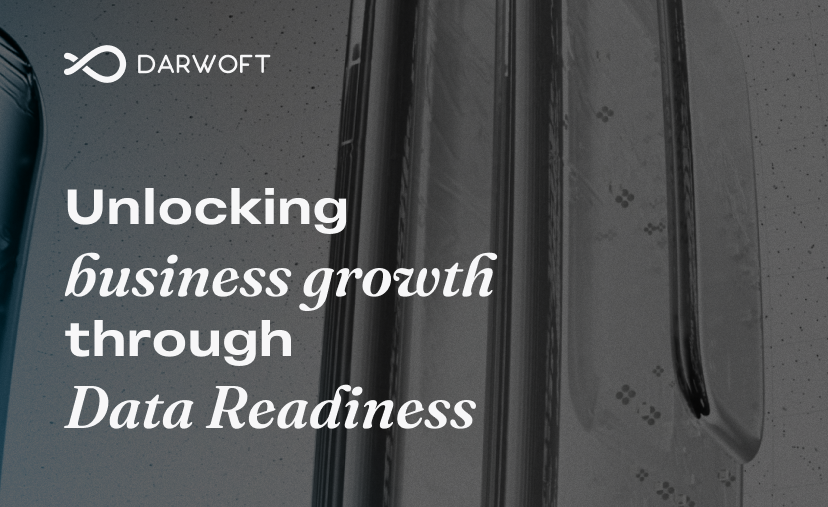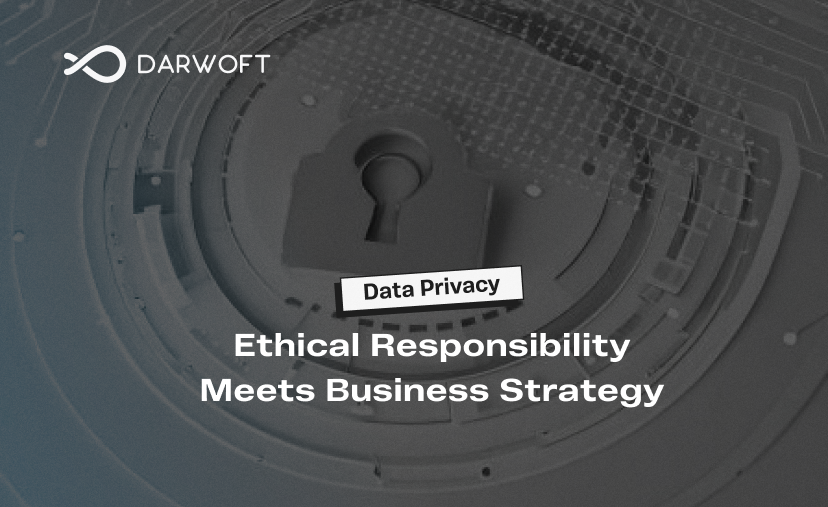As we head into 2025, data is becoming more important than ever. Companies are using it to make faster decisions, improve services, and find new opportunities. Trends like real-time data processing, privacy and compliance tools, and AI-powered analytics are shaping the future. This article looks at these trends and how industries like retail and healthcare are adapting.
1. Data Readiness: Getting Organized for Better Productivity
Data readiness means making sure data is clean, organized, and ready to use. Companies are focusing on data quality, governance, and metadata management to prepare their data for analysis.
In healthcare, data is often stored in different systems, like electronic health records (EHRs), databases, and imaging tools. Organizing this data with Master Data Management (MDM) systems and data catalogs helps hospitals meet rules like HIPAA and GDPR. It also improves predictive analytics and supports AI tools for faster diagnoses.
For retailers, organizing data makes it easier to track customers and create personalized marketing campaigns. Tools like customer data platforms (CDPs) bring all customer information together, helping businesses predict what customers need and improve their services.
2. AI-Powered Analytics: Finding Patterns and Predictions
AI is changing the way businesses analyze data. Tools like machine learning, natural language processing (NLP), and predictive modeling make it easier to spot patterns and trends.
In retail, AI helps companies understand customer behavior through recommendation engines, sentiment analysis, and image recognition. This lets businesses predict demand, optimize supply chains, and set better prices.
In healthcare, AI is being used for medical imaging with neural networks and genomic data analysis using deep learning. These tools help doctors find diseases earlier and make better treatment plans. AI models also help predict health trends and improve population health management.
3. Privacy and Compliance: Keeping Data Safe
With more data being collected, keeping it safe is a top priority. Tools like data masking, differential privacy, and secure multiparty computation (SMPC) protect information while still allowing it to be used.
For retailers, following rules like GDPR, CCPA, and PCI-DSS is critical. Tools for identity management and consent tracking help businesses stay compliant and build customer trust.
In healthcare, protecting patient data is especially important. New techniques like federated learning allow AI models to learn from data without sharing it, keeping sensitive information safe and meeting HIPAA requirements.
Looking Ahead: The Future of Data Trends in Tech
As 2025 approaches, businesses need to prepare for these data trends to stay ahead. Whether it’s using real-time analytics, improving data readiness, or applying AI tools, data is shaping the future of every industry.
In retail, we can expect more personalized shopping experiences and smarter decision-making. In healthcare, AI will improve diagnoses and make processes more efficient.
Across all industries, data privacy will remain a top priority. As the data revolution continues, businesses must embrace these trends to thrive in 2025 and beyond.





